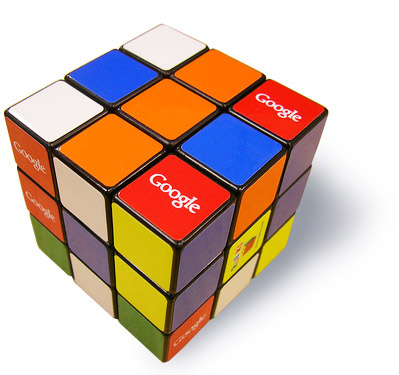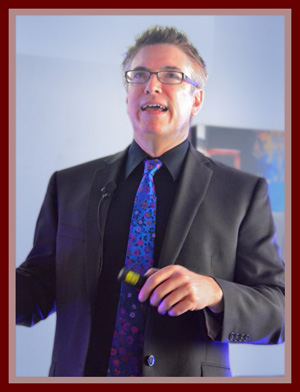Search Engine Optimization
In instances where trademark infringement may have been perpetrated on a website, or in conducting various types of internet marketing campaigns, Search Engine Optimization (“SEO”) could have been involved. It is very important to ascertain whether SEO has been involved in some way in infringement cases because it can go far towards establishing whether infringement was intentional, and it can effect the scope of the exposure involved.
If Search Engine Optimization was conducted in the course of perpetrating infringement, it may well have increased the numbers of people exposed to trademarks being displayed to consumers in an inappropriate context (i.e. “Misimpressions”).
Often, when a trademarked word is featured on a website or webpage, it may not only appear to the numbers of people who have seen the webpage, but it can also appear to many more people who may have seen a listing for the webpage within the search of major search engines such as Google, Bing, Yahoo, Yandex, and Baidu. This is why it may be vital to include an SEO expert witness in your trademark infringement litigation.
Google Has Over 200 Ranking Factors
Google has over 200 ranking factors! SEO analysis must take these into account. Google has stated that some of those ranking factors contain over 50 variations. Without a proper audit, how will you know if SEO was conducted in the context of your trademark infringement claim?
Hiding Trademark Names In Meta Tags Can Be The Basis Of Infringement Claims
If a competitor is hiding your trademarks in the HTML code of their webpages, it may not be immediately visible to you. Meta tags for descriptions, keywords, and other HTLM code elements can contain hidden keywords and phrases that will not be immediately apparent to the casual observer. The search engine’s Schema.org protocol code, Facebook OpenGraph tags, Micro Data, Microformats, and other types of webpage code may also be places where predatory competitors may include your trademarks. Even more subtle methods can be used by unethical website designers to hide trademarked keywords in webpages, such as “Cloaking” – the practice of programming a webpage to display trademarked keywords to the search engines, but display innocent-looking pages to human users.
'Googlebombing' Could Enable Your Competitor's Site To Rank For Your Name Search
One of the hardest trademark issues to detect may be when a competitor has effectively “Googlebombed” your trademark name. Essentially, by conducting an aggressive link-building scheme, they may point links that have your name in their text anchors (link labels) to their webpage, making it appear relevant for your name, even if your trademark name appears nowhere in their HTML webpage’s code! We suspect that this issue may not be fully-decided by court precedent, but if this is occurring in combination with other trademark infringement details, there’s a chance that a court could find in your favor and enjoin your competitor from performing such an aggressive tactic.
Search Engine Optimization Could Bring Landmark Damages
The Trademark Infringement Expert Witness, Chris Smith, assisted with PODS Enterprises, Inc. v. U-Haul International, Inc. on behalf of PODS in what has been described by legal experts as a landmark case when PODS won the largest corrective advertising damages award in a trademark case, ever. Chris Smith assisted PODS in establishing that U-Haul had conducted an extensive SEO campaign in the course of committing trademark infringement. U-Haul had performed search engine optimization work to target multiple optimization factors, and their already-established brand ranking ability strengthened the optimization campaign considerably, allowing U-Haul pages to improperly rank prominently in search results for many thousands of keyword search combinations. Smith further assisted in the computations that formed the basis of the requested corrective advertising damages, by quantifying the numbers of times that infringing marks were displayed to consumers (i.e. “Misimpressions”) when they visited the uhaul.com website as well as when they viewed search engine results for “PODS” related searches. Extensive use of internet traffic analytics metrics were used in the course of the case, from a variety of sources, and Smith’s innovative work in identifying information sources and extracting the necessary information were key to the damages calculations.
This case opened the eyes of many litigators to the potential damages awards that could be achieved in trademark infringement cases where, here-to-fore, judgements were aimed more towards smaller damages and injunctions to discontinue use of marks.
Search engine optimization may increase a company’s exposure to very large damages in trademark cases.
SEO May Also Help Defend Companies From Trademark Infringement Claims
Ranking in search engine results may not always be the result of search engine optimization.
Further, when claims are brought that a company has performed malicious SEO campaigns, it is quite possible that an SEO expert’s analysis could help to establish that optimization work was not conducted, and that there is no substantial evidence of intentional infringement.
Online trademark infringement lawsuits can include many complex technical factors. Contact us today and help improve your chances for prevailing in your litigation.


